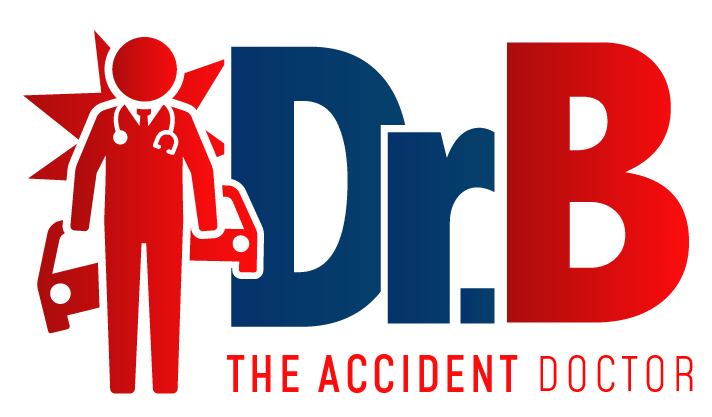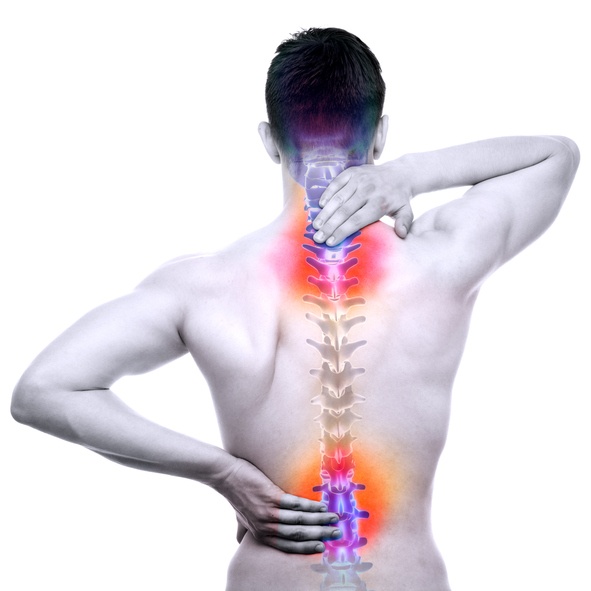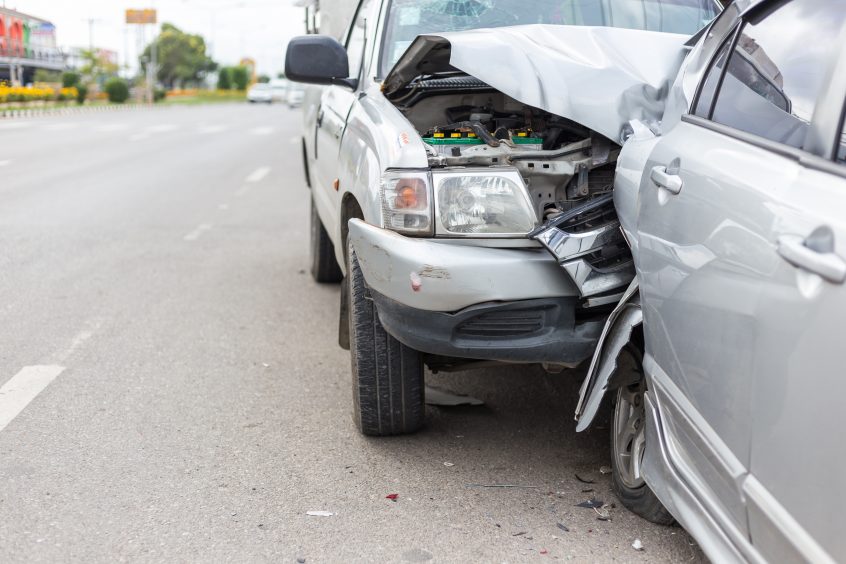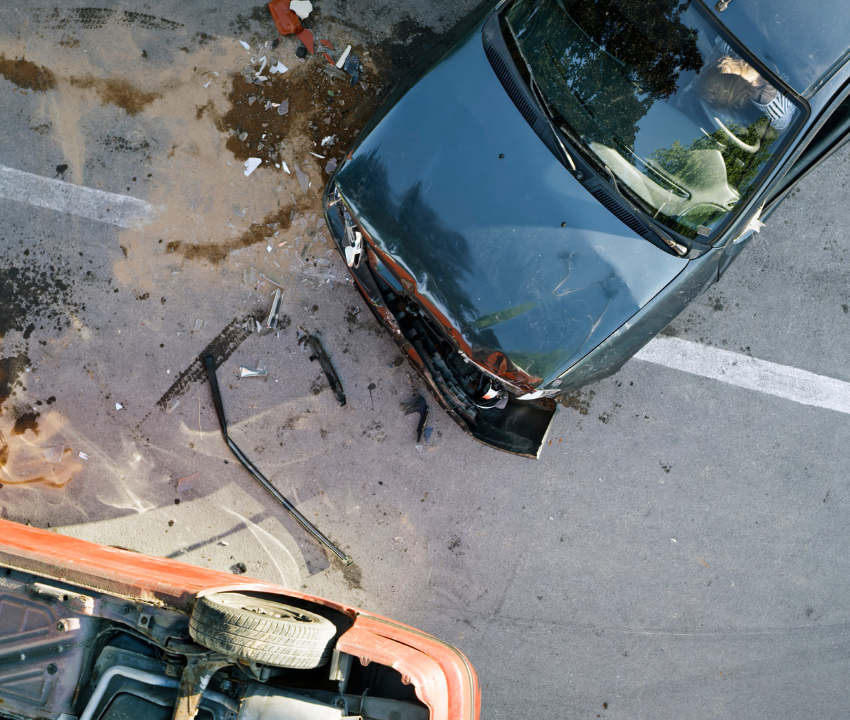Whiplash
Whiplash, also known as cervical acceleration-deceleration (CAD) syndrome, takes place when the head and neck are suddenly forced backward and then forward. This results in stress on the cervical spine (in other words, the bones in the neck) and can leave the injured person with a host of symptoms. While some whiplash cases are minor and result in little or no pain, it can cause neck pain that can be mild or excruciating, shoulder pain, upper back pain or headaches. It can also lead to further complications, including pinched nerves, concussions or shoulder injuries.
Concussion
Concussions are another type of auto accident injury that can start out as a quiet injury that doesn’t seem serious but can cause a host of symptoms that often get worse before they get better. Concussions are caused by a blow to the head, which can happen during an auto accident. Some concussions seem very mild, but symptoms can increase over time and can be debilitating. Common symptoms include headaches, pressure in the head, temporary loss of consciousness, confusion, fogginess, memory loss, dizziness, nausea, vomiting, speech changes, appearing dazed and fatigue. Other symptoms can pop up over time, including concentration problems, irritability, personality changes, light and noise sensitivity, sleep disturbances, and more.
PTSD
PTSD, or post-traumatic stress disorder, is associated with many traumatic human experiences, and can also include auto accidents, particularly if the accident was a serious one. PTSD symptoms include headaches, insomnia, heightened anxiety, distressing thoughts, recurring dreams, flashbacks, intense psychological distress, intent to avoid situations similar to the trauma, and more. These symptoms are not always immediately evident — in fact, they can creep up on the accident victim weeks or months later. While PTSD is not necessarily a physical injury, it’s still very much an injury that needs prompt diagnosis and ongoing treatment. Also, even if the auto accident doesn’t result in PTSD, many auto accidents are still stressful for those involved.
Why You Should See a Doctor ASAP
You’ll always immediately seek medical care for obvious and life-threatening injuries, but it’s just as important even if you’re just “a bit sore” or “feeling fine.” A prompt medical exam by a qualified practitioner can reveal injuries, whether they are physical, emotional or mental, that aren’t visible to non-medical folks. Early diagnosis can lead to treatment that can ward off potential complications down the road.
While auto accident injuries can take many forms, it’s best to find the right auto injury doctor as soon as you can, no matter how minor your aches and pains may be. A visit sooner rather than later can save you time, pain and future complications.
